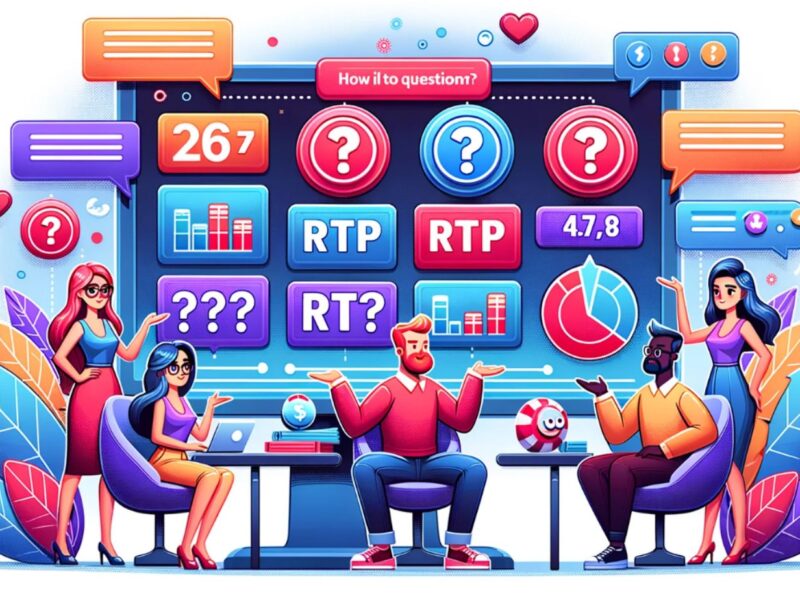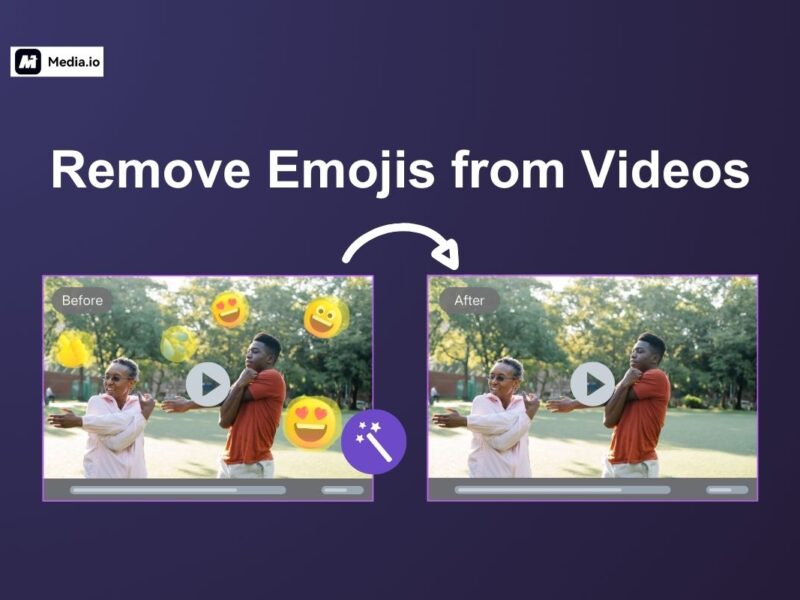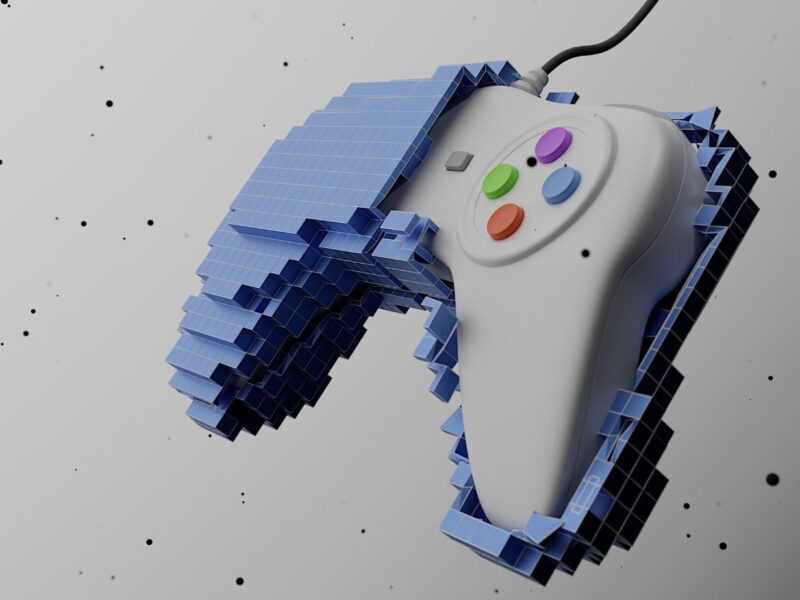Over the past decade as developers look to monetize their games in different ways, two primary approaches have been taken that have found a huge amount of success. The first has been seen with the battle pass, unique unlocks throughout the season that also include a paid option for faster progress and unique cosmetics – battle passes are often received with mixed feedback, but so long as there are no mandatory items inside the battle pass, most players find them relatively harmless.
The second approach has been with loot boxes or loot crates – these “gacha” mechanics are a call back to the older Japanese-themed games that could include these as a free mechanic for cosmetic unlocks, but later became monetized in the noughties and have since evolved past just a small spend for some players, and something that has evolved into a billion dollar industry. Whilst player opinions are mixed, much of the concern for regulation comes from its link to gambling with many different countries are looking to regulate in different ways. We’ll take a look at how regulation is still changing and if loot boxes are still a target for change in gaming.

It’s important to note that overall attitudes towards online gambling have been changing in recent years; positive changes to large platforms and a growing audience, largely through smartphone gaming, have made the practice much less taboo and much more accepted; the launch of platforms and large sites like those found at Limitless Casino have also made these games much more accessible over time too.
Despite these changing views, some are still pushing for major changes in loot box regulation. Some countries have been much more passive in this approach as regulators in the UK have asked for develops to regulate this space better themselves, calling for odds to be made public and better protections for at risk players like children for example. Whilst UK regulators do admit there’s a problem, they seemingly don’t want to get involved just yet.
Others have taken a more concrete stance, particularly in the Netherlands and Belgium, which have had a very strict approach by banning the practice completely. Whist players can receive crates and loot boxes as drops within games; the ability to buy keys or pay to open these boxes has been blocked as a complete block on the practice. Games like Counter-Strike provide a great example here, as players in the Netherlands and Belgium can receive the boxes during their weekly free drop, but have no ability to open them so are simply able to sell them on the market instead.

It’s certainly still an interesting space and something that’s still evolving, other countries have already concluded that loot boxes can’t fit within existing gambling laws, other countries adjusting their laws to include loot boxes, so views here remain very different. Loot boxes are definitely still a target for gaming regulation throughout 2023 and will definitely continue to be a consideration leading into 2024, but as long as the developers are pulling in a huge paycheck per year from these loot boxes, it’s unlikely to see any major in house change until a regulatory body issues the incentive to make that change.







